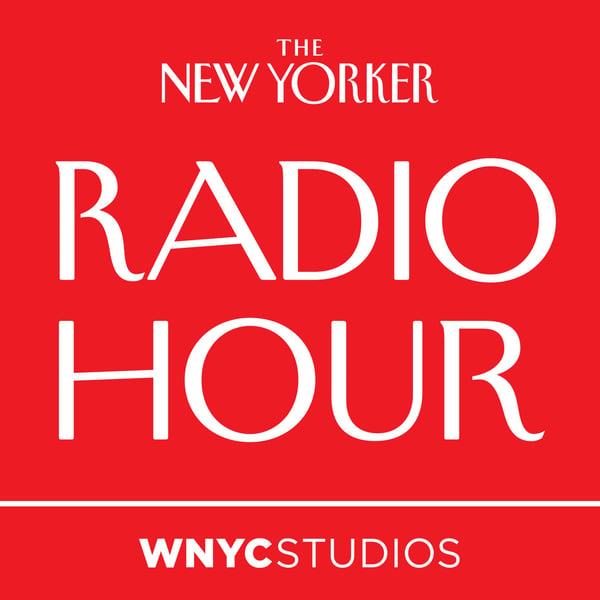Rashid Khalidi on the Palestinian Cause in a Volatile Middle East, and the Meaning of Settler Colonialism
The New Yorker Radio Hour
WNYC Studios and The New Yorker
4.2 • 5.5K Ratings
🗓️ 13 December 2024
⏱️ 49 minutes
🧾️ Download transcript
Summary
Transcript
Click on a timestamp to play from that location
| 0:00.0 | Listener supported, WNYC Studios. |
| 0:10.8 | This is The New Yorker Radio Hour, a co-production of WNYC Studios and The New Yorker. |
| 0:20.1 | Welcome to The New Yorker Radio Hour. I'm David Remnick. |
| 0:26.0 | The situation in the Middle East remains beyond complicated. It's volatile and it's deadly. |
| 0:32.5 | The fall of Assad's regime in Syria removes a brutal tyrant from the region and also removes one of Iran's |
| 0:38.3 | key allies. Israel greatly damaged another Iran ally, Hezbollah and Lebanon, before they agreed |
| 0:45.0 | to a ceasefire. |
| 0:46.7 | How these developments will affect the war in Gaza is impossible to predict. |
| 0:51.8 | But today I'm going to talk to two people who have thought very deeply about the |
| 0:55.7 | conflict and the way it resonates around the world. Later this hour, I'll speak with Adam Kersh |
| 1:00.8 | of the Wall Street Journal. But first, I'm joined by Rashid Khalid, a professor of Middle Eastern |
| 1:06.1 | and Arab Studies, and to my mind, the best historian of Palestinian history in English. |
| 1:12.7 | Recently, President Biden was seen coming out of a bookstore in Nantucket, |
| 1:16.2 | carrying Khalid's 20-20 book The Hundred Years War on Palestine, to which Khalidhi remarked, |
| 1:22.9 | it's four years too late. |
| 1:27.4 | So let's start from not the beginning of things, obviously, this is a, years too late. |
| 1:30.3 | So let's start from not the beginning of things. |
| 1:34.8 | Obviously, this is a story that's been going on and on and on. |
| 1:40.0 | But how do you go about writing a history of this period? |
| 1:41.3 | Would you even attempt it? |
| 1:43.5 | The short answer is no. |
| 1:45.1 | I wouldn't attempt it. |
... |
Transcript will be available on the free plan in -107 days. Upgrade to see the full transcript now.
Disclaimer: The podcast and artwork embedded on this page are from WNYC Studios and The New Yorker, and are the property of its owner and not affiliated with or endorsed by Tapesearch.
Generated transcripts are the property of WNYC Studios and The New Yorker and are distributed freely under the Fair Use doctrine. Transcripts generated by Tapesearch are not guaranteed to be accurate.
Copyright © Tapesearch 2025.

